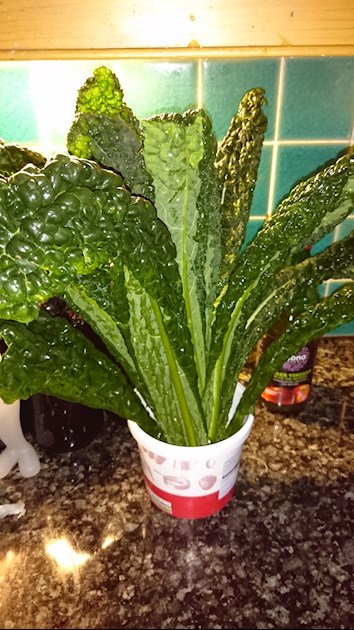nhs.uk/Conditions/vitamins-....
Vitamin K is needed for blood clotting, which means it helps wounds heal properly.
There's also some evidence vitamin K may help keep bones healthy.
Good sources of vitamin K
Vitamin K is found in:
green leafy vegetables – such as broccoli and spinach
vegetable oils
cereal grains
Small amounts can also be found in meat and dairy foods.
How much vitamin K do I need?
Adults need approximately 1mcg a day of vitamin K for each kilogram of their body weight.
For example, someone who weighs 65kg would need 65mcg a day of vitamin K, while a person who weighs 75kg would need 75mcg a day.
You should be able to get all the vitamin K you need by eating a varied and balanced diet.
Any vitamin K your body doesn't need immediately is stored in the liver for future use, so you don't need it in your diet every day.
What happens if I take too much vitamin K?
There's not enough evidence to know what the effects might be of taking high doses of vitamin K supplements each day.
What does the Department of Health advise?
You should be able to get all the vitamin K you need by eating a varied and balanced diet. If you take vitamin K supplements, don't take too much as this might be harmful.
Taking 1mg or less of vitamin K supplements a day is unlikely to cause any harm.
For anyone wanting more extensive information: ods.od.nih.gov/factsheets/V...
My favourite source: discoverkale.co.uk/what-is-...


